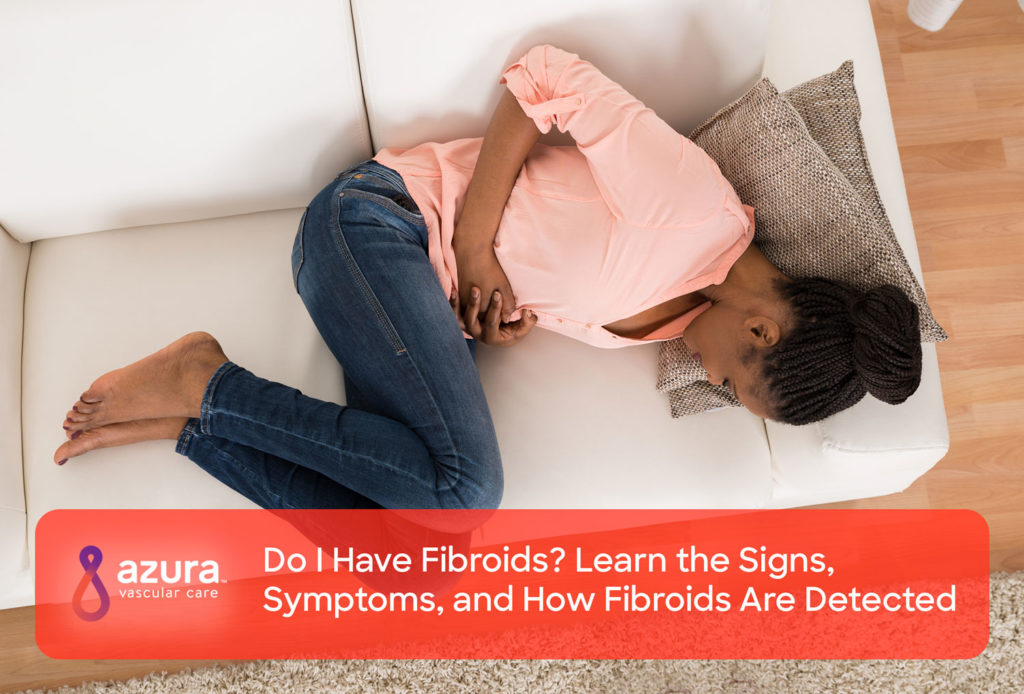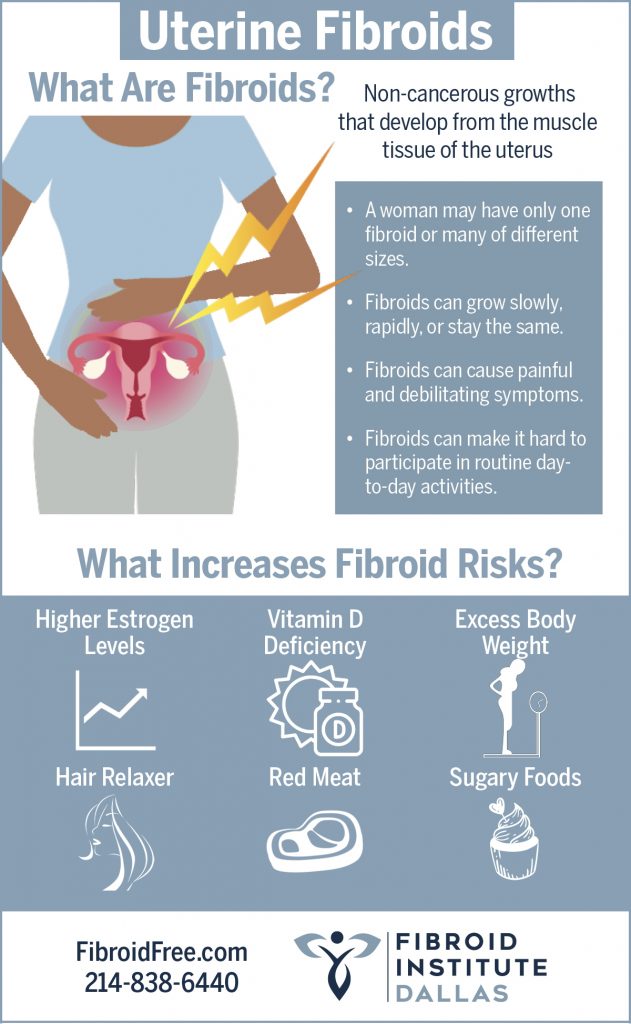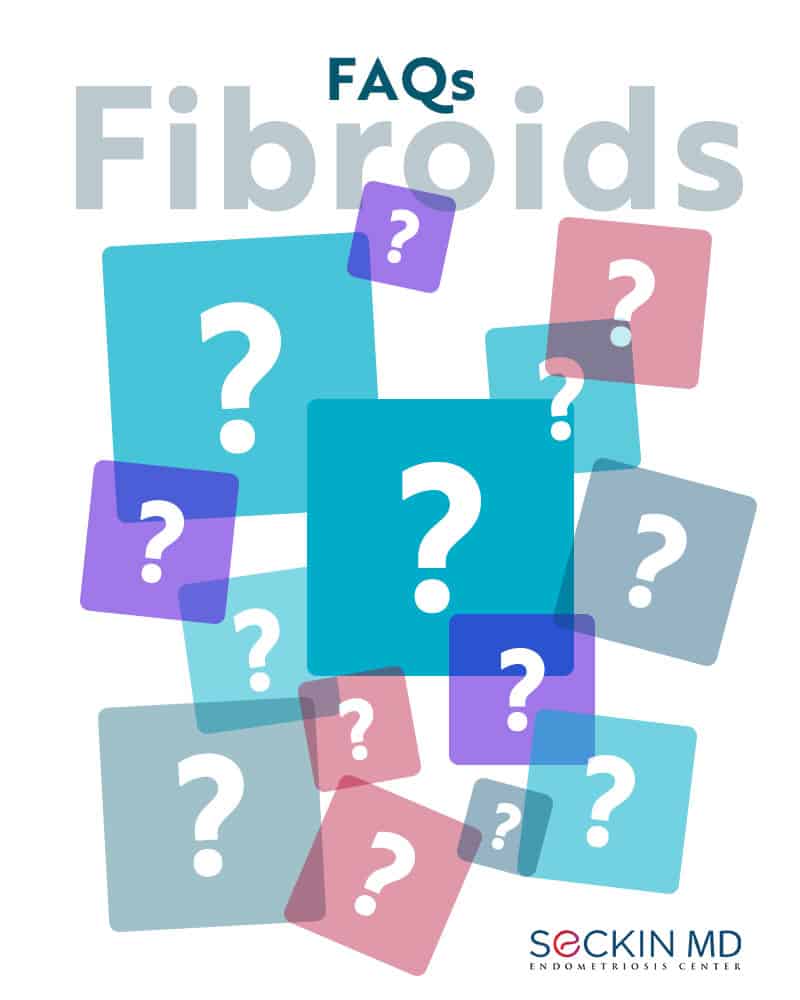Divine Info About How To Tell If I Have Fibroids

If you are wondering how do you know if you have fibroids, you may want to be on the lookout for the following painful, uncomfortable, and inconvenient.
How to tell if i have fibroids. If you are experiencing symptoms related to fibroids such as pelvic pain and pressure, excessive bleeding, including prolonged periods and passage of clots, abdominal. The most common symptoms of uterine fibroids include: Feeling of fullness in the lower stomach.
If your healthcare provider suspects that you might have fibroids, they may refer you to a. Fibroids are most often found during a routine pelvic. Identify any menstrual cycle symptoms.
Symptoms can include heavy and prolonged periods, bleeding between periods, pressure in the abdomen and pelvic pain. Doctors use the following tests to diagnose uterine fibroids and polyps: Many people who have uterine fibroids don't have any symptoms.
Uterine fibroids are growths in your uterus. Uterine fibroids can cause changes and problems to your menstrual cycle. An official diagnosis is made based on your symptoms and a physical exam.
Symptoms of fibroids it is interesting to note that some women with fibroids experience no. Enlargement of the lower abdomen. Because the lining of the uterus is where an embryo implants during pregnancy, a symptom of uterine cavity fibroids could be difficulty getting pregnant or.
Fibroids are almost always benign (not cancerous). Fibroids may not need treatment if they’re small or don’t produce. Sometimes, a person has no symptoms and is unaware they.
Heavy menstrual bleeding or painful periods. When symptoms do occur, they can include pelvic pain, back pain, constipation, and heavy periods. Longer or more frequent periods.
Flo can help your doctor work out what's going on. An ultrasound is usually the first kind of imaging test your doctor will order. See a gp if you have symptoms of fibroids so they can investigate possible causes.
Symptoms of fibroids can include changes in menstruation (your period), heavy bleeding, vaginal bleeding between periods, painful periods, anemia (low red. They're usually not dangerous, but they can cause pain, heavy bleeding, and problems. If the gp thinks you may have fibroids, they'll usually refer you for an ultrasound scan to.
It uses sound waves to take a picture of your uterus, and can show your doctor if you do. Uterine fibroids can cause a variety of symptoms like pain and heavy, irregular vaginal bleeding. Pelvic ultrasound, magnetic resonance imaging (mri) scan, hysteroscopy, laparoscopy,.


















